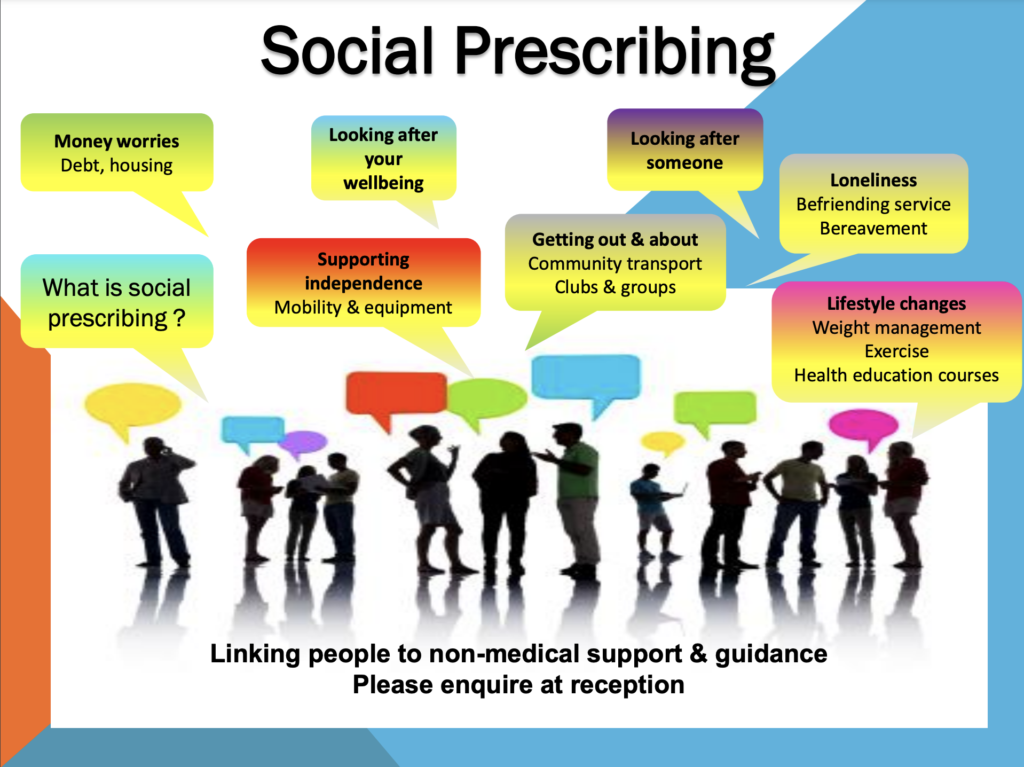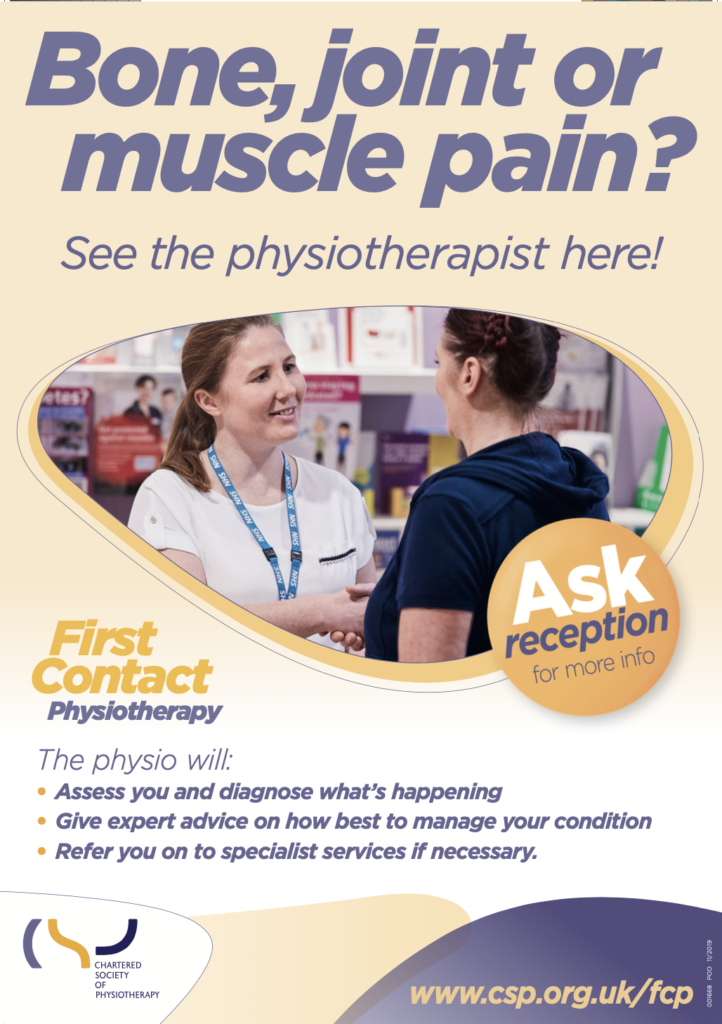Paramedics
This may include running clinics, triaging and managing minor illnesses, and providing continuity for patients with complex health needs. Further roles may include assessment and management of requests for same-day urgent home visits, as well as regular visits to homebound patients with long-term conditions. They cannot prescribe medication.
Pharmacists
Clinical pharmacists in GP surgeries will resolve day-to-day medicine issues and consult with and treat patients directly. This includes providing help to manage long-term conditions, medication reviews advising those taking multiple medicines (polypharmacy) and delivering clinical advice about treatments. They cannot prescribe medication
Pharmacy technician
Pharmacy technicians are used in General Practice to help them with a range of tasks that vary in complexity from preparing the repeat prescriptions to undertaking prescribing audits and helping patients get the best outcomes from taking their medicines. They will play a key role in ensuring that medication changes from the hospital are made promptly and accurately on patients records.
Social Prescriber
Social prescribers usually work in a GP surgery, health centre of community organisation. Their role can include: doing an assessment of what care and support people need, such as physical activities, learning new skills, making new friends or finding employment. They cannot prescribe mediation.
Physiotherapist
Physiotherapists working within primary care will be able to provide patients with musculoskeletal checks, which will help to free up time for GPs and reduce their workload – as musculoskeletal health issues currently account for around one in five of all GP appointments. They cannot prescribe medication.
Health & Wellbeing Coach
Health and wellbeing coaches (HWBCs) will predominately use health coaching skills to support people to develop the knowledge, skills, and confidence to become active participants in their care so that they can reach their own health and wellbeing goals. They may also provide access to self-management education, peer support and social prescribing.
Health coaches will support people to self-identify existing issues and encourage proactive prevention of new and existing illnesses. This approach is based on using strong communication and negotiation skills and supports personal choice and positive risk taking. You can self refer to the Health and Wellbeing Coach by speaking to a member of the healthcare team.
They will work alongside people to coach and motivate them through multiple sessions, supporting them to identify their needs, set goals, and help them to implement their personalised health and care plan.

